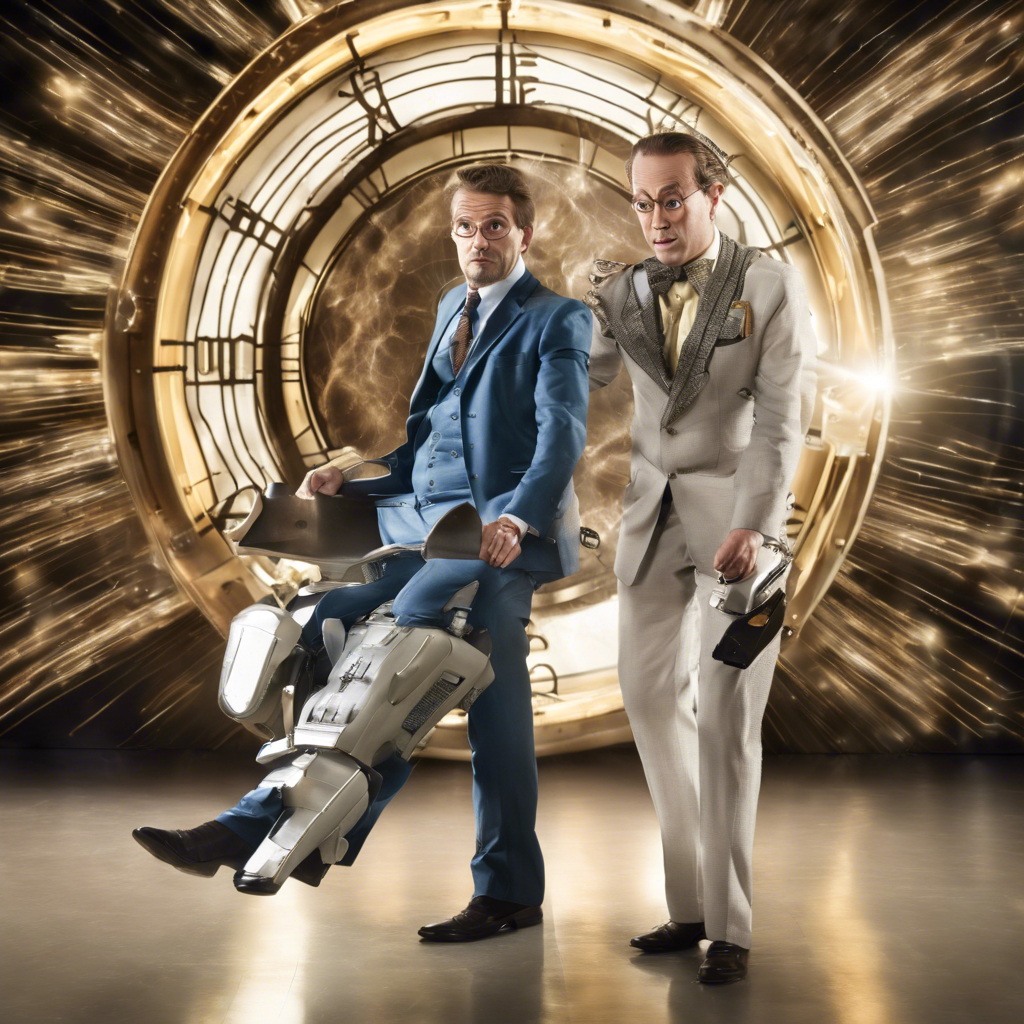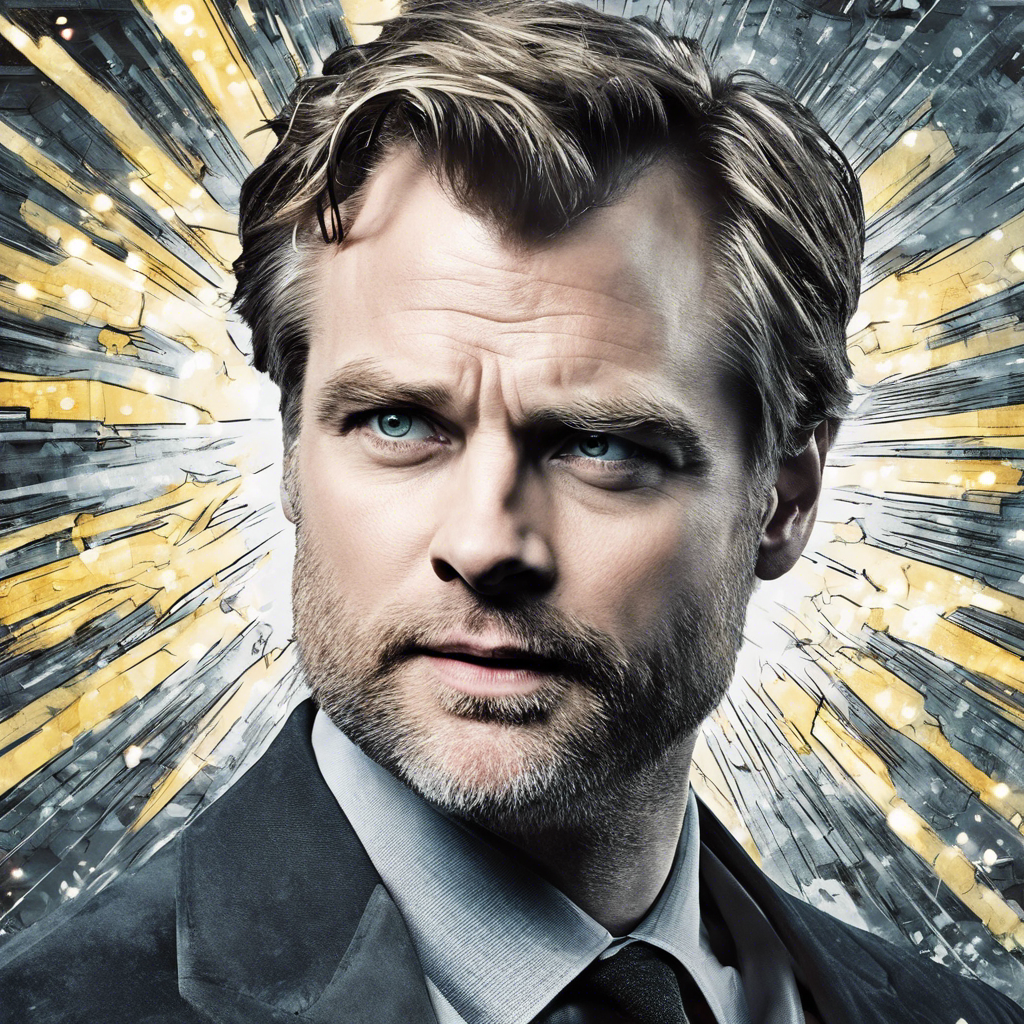Exploring the Quirky World of ‘The Future Machine’ and its Unconventional Time Travel Narrative
In the realm of time-travel films, there is often a predictable formula: a protagonist from a distant era finds themselves bewildered by the quirks of the present day. However, Luke Higginson’s comedy, ‘The Future Machine,’ takes a refreshingly different approach. This New Zealand production, led by the talented Rhys Darby, injects a unique twist into the genre, offering audiences a comedic journey that defies expectations.
A Departure from Time-Travel Tropes
‘The Future Machine’ swiftly departs from the usual time-travel tropes that often rely on humor derived from culture shock. Casper, played by Rhys Darby, effortlessly adapts to the present-day world, leaving behind the predictable jokes about encountering strange items. Instead, the film focuses on the larger narrative at hand, allowing the audience to delve deeper into the story’s core.
Unconventional Money-Making Ventures
While many time-travel narratives explore the potential for financial gain through exploiting knowledge of future events, ‘The Future Machine’ takes a different approach. Casper and his new friend, the punk Holly (played by Gabrielle Graham), quickly establish a means of making money by betting on sports and buying lottery tickets. However, the film does not dwell on this aspect, using it merely as a backdrop to the central plot.
The Mysterious Doris and Electric Staplers
As the story unfolds, the enigmatic Doris, portrayed by Janine Theriault, emerges as a pivotal character. Armed with what appears to be a large electric stapler, Doris dispatches other time travelers. This intriguing element adds a layer of mystery and suspense to the narrative, drawing audiences further into the world of ‘The Future Machine.’
Challenging Pop-Culture Beliefs
Gradually, ‘The Future Machine’ challenges common pop-culture beliefs about time travel. Casper enlightens Holly, revealing that contrary to popular belief, there is only one singular “mushy blob of reality” instead of multiple timelines. This revelation sets the stage for a deeper exploration of the film’s central themes and raises intriguing questions about the nature of time itself.
While the film maintains a fairly goofy tone throughout, the final explanation takes a darker turn. Higginson skillfully weaves together the seemingly lighthearted narrative with a thought-provoking conclusion. The unexpected twist adds depth to the story and leaves the audience contemplating the implications long after the credits roll.
Conclusion:
‘The Future Machine’ stands out as a time-travel comedy that defies convention. Luke Higginson’s unique approach to the genre, coupled with Rhys Darby’s comedic prowess, creates a film that both entertains and challenges. By eschewing traditional time-travel tropes and delving into darker themes, ‘The Future Machine’ proves itself to be a refreshing addition to the genre. As audiences follow Casper’s journey through time, they are treated to a comedic force to be reckoned with, making this film a must-watch for fans of both comedy and science fiction.










